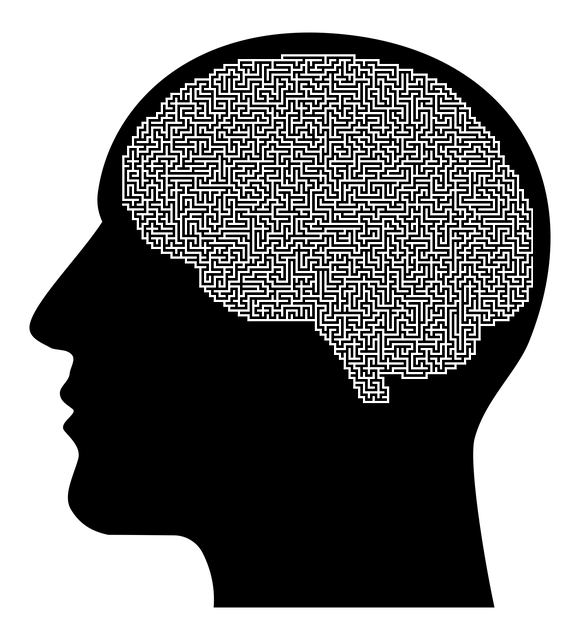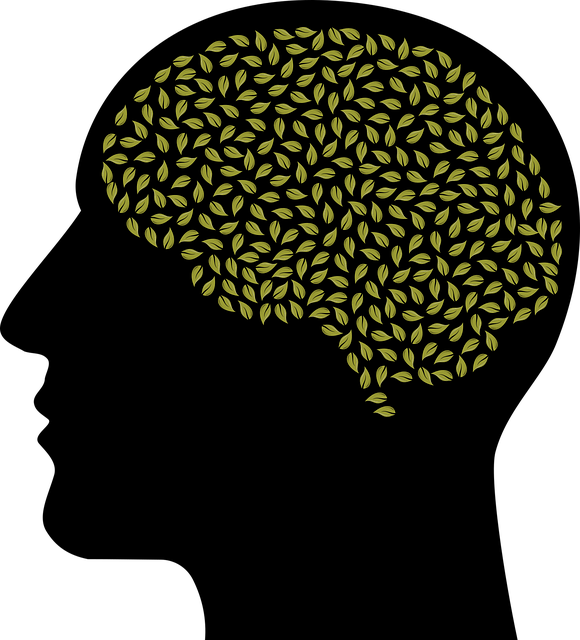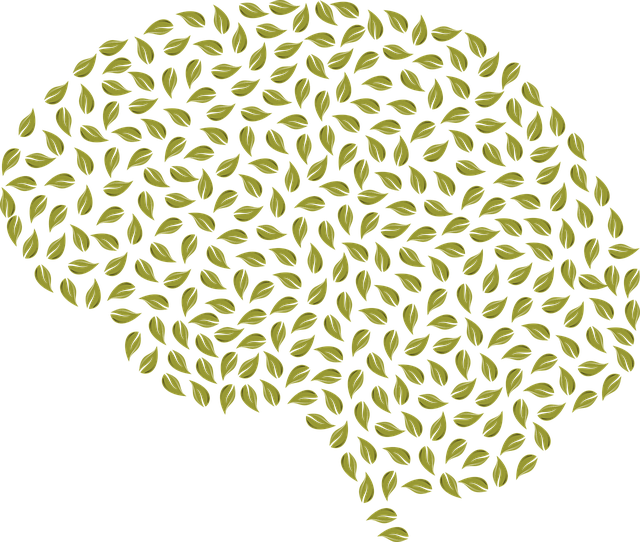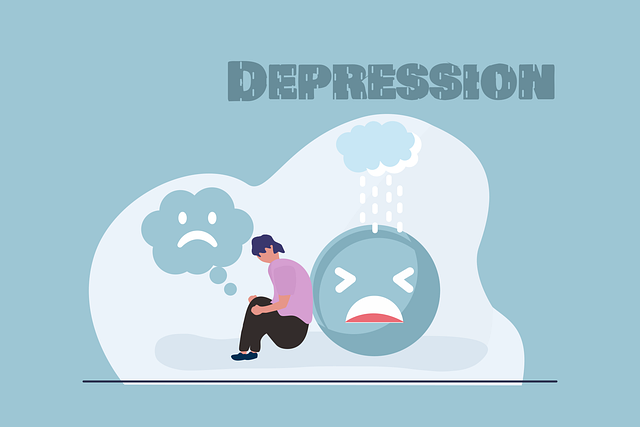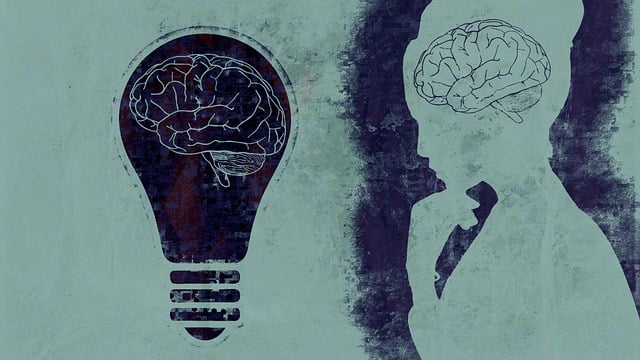Modern society's stress epidemic, particularly impacting mental health, emphasizes the need for effective management strategies. Chronic stress can lead to conditions like Centennial Obsessive Compulsive Disorder (OCD), making timely intervention crucial. Mental wellness professionals offer risk management planning, with Cognitive Behavioral Therapy (CBT) as an evidence-based approach, focusing on thought patterns and cultivating positive mindsets. Mindfulness practices provide ancient techniques for modern stress relief, while holistic lifestyle changes, including physical activity, nutrition, and sleep, are key to long-term stress reduction. Centennial Obsessive Compulsive Disorder (OCD) Therapy offers tailored tools, combining self-care routines and conflict resolution for comprehensive stress management and improved mental wellness.
Stress reduction methods are essential for maintaining mental health and overall well-being. This article explores various techniques, including Cognitive Behavioral Therapy (CBT), mindfulness practices, lifestyle modifications, and Centennial Obsessive Compulsive Disorder (OCD) therapy, to help you navigate and overcome chronic stress. By understanding the impact of stress and employing these effective strategies, you can foster a calmer and more balanced life.
- Understanding Stress and its Impact on Mental Health
- Cognitive Behavioral Therapy (CBT): A Powerful Tool for Stress Management
- Mindfulness Practices: Finding Calm in the Midst of Chaos
- Lifestyle Modifications for Long-Lasting Stress Reduction
- Centennial Obsessive Compulsive Disorder (OCD) Therapy: Strategies for Overcoming Chronic Stress
Understanding Stress and its Impact on Mental Health

Stress is a complex emotional and physical response to various external or internal factors, commonly referred to as stressors. It has become an increasingly prevalent concern in modern society, significantly impacting mental health. When left unaddressed, chronic stress can lead to a range of issues, from anxiety and depression to more severe conditions like Centennial Obsessive Compulsive Disorder (OCD). Understanding the nature of stress is the first step towards effective management.
The impact of stress on mental well-being cannot be overstated. It disrupts the balance of neurotransmitters in the brain, affecting mood, thought patterns, and behavior. Mental health professionals often emphasize the importance of risk management planning to mitigate these effects. One powerful tool in a person’s arsenal is Mind Over Matter principles, encouraged through practices like Mental Wellness Journaling Exercise Guidance. By documenting thoughts, emotions, and stressors, individuals can gain valuable insights, fostering self-awareness and effective stress reduction strategies.
Cognitive Behavioral Therapy (CBT): A Powerful Tool for Stress Management

Cognitive Behavioral Therapy (CBT) is a highly effective and evidence-based approach to stress reduction and management. It helps individuals identify and challenge negative thought patterns and behaviors that contribute to their stress levels, offering a powerful tool for those dealing with various mental health concerns, including Centennial Obsessive Compulsive Disorder (OCD). CBT focuses on the connection between thoughts, feelings, and actions, enabling clients to gain insights into how they interpret and respond to stressful situations.
By fostering cultural sensitivity in mental healthcare practice, CBT incorporates empathy-building strategies to create a supportive environment. This is crucial in reducing the stigma associated with mental illness, encouraging open communication, and promoting effective stress management techniques tailored to individual needs. Through CBT, clients develop coping mechanisms, enhance their problem-solving skills, and cultivate a more positive and balanced mindset, leading to improved overall well-being.
Mindfulness Practices: Finding Calm in the Midst of Chaos

In the midst of life’s chaos and demands, mindfulness practices offer a sanctuary of calm for individuals seeking stress reduction. This ancient technique has gained modern prominence, especially in addressing conditions like Centennial Obsessive Compulsive Disorder (OCD). Through mindfulness, one learns to be present in the moment, observing thoughts and sensations without judgment. It’s about cultivating awareness and acceptance, which can effectively reduce anxiety and improve overall mental wellness.
The power of mindfulness lies in its accessibility; it doesn’t require elaborate setups or tools. Simple practices like focused breathing, body scans, and mindful walking can be incorporated into daily routines. Public Awareness Campaigns Development and Mental Wellness Podcast Series Production have played a significant role in disseminating knowledge about these practices, fostering an environment where individuals feel empowered to take charge of their mental health. Moreover, Risk Management Planning for Mental Health Professionals includes incorporating mindfulness techniques as part of their therapeutic arsenal, thereby enhancing the support they offer clients dealing with stress-related issues.
Lifestyle Modifications for Long-Lasting Stress Reduction

Long-lasting stress reduction requires a holistic approach, and significant changes often begin with lifestyle modifications. Engaging in regular physical activity, maintaining a balanced diet, and prioritizing sufficient sleep are essential pillars of stress management. These habits not only promote overall well-being but also empower individuals to better cope with demanding situations. For instance, exercising releases endorphins, natural mood lifters that can help combat the negative impact of stress hormones.
Additionally, cultivating mindfulness practices like meditation or deep breathing exercises can significantly enhance one’s ability to navigate stressful scenarios. These techniques have been shown to be particularly effective in managing conditions such as Centennial Obsessive Compulsive Disorder (OCD). By addressing mental health concerns and reducing the Mental Illness Stigma, individuals are more likely to seek appropriate support from healthcare providers who undergo Cultural Competency Training. Such professionals can offer tailored guidance, ensuring that stress management strategies are integrated into a person’s life seamlessly.
Centennial Obsessive Compulsive Disorder (OCD) Therapy: Strategies for Overcoming Chronic Stress

Centennial Obsessive Compulsive Disorder (OCD) Therapy offers powerful strategies to manage and overcome chronic stress. This form of therapy focuses on identifying and modifying unhelpful thought patterns and behaviors associated with OCD, which can significantly reduce stress levels over time. By learning coping mechanisms and exposure techniques, individuals can gradually confront and desensitize themselves to stressors, leading to improved mental resilience.
A key aspect of Centennial OCD Therapy is the emphasis on self-care routine development for better mental health. Encouraging patients to establish structured routines, engage in regular physical activity, maintain a balanced diet, and prioritize adequate sleep promotes overall well-being. Additionally, conflict resolution techniques are integrated into therapy, teaching individuals how to navigate challenging situations with calmness and assertiveness, further minimizing stress triggers. These comprehensive approaches ensure that stress reduction methods are tailored to each individual’s unique needs, fostering lasting positive changes in managing OCD and associated anxieties.
In conclusion, stress reduction methods are essential tools for maintaining mental health. From understanding the impact of stress and leveraging evidence-based therapies like Cognitive Behavioral Therapy (CBT) to adopting mindfulness practices and making lifestyle modifications, individuals can effectively manage stress. Additionally, Centennial Obsessive Compulsive Disorder (OCD) therapy offers specialized strategies for those facing chronic stress. By integrating these approaches, folks can foster resilience, reduce anxiety, and enhance their overall well-being.
